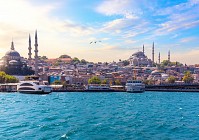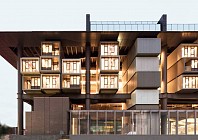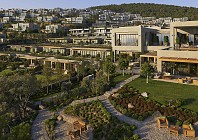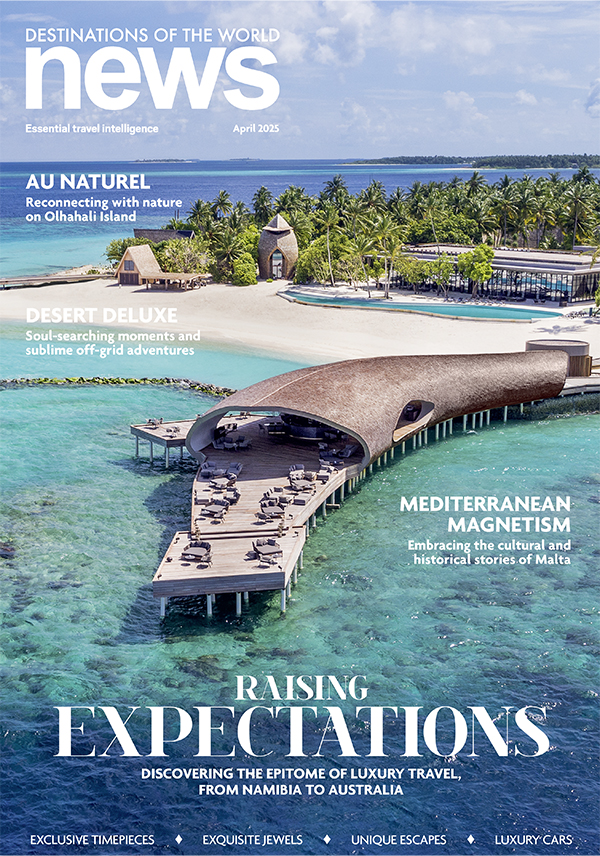Nestled among an expansive mountain range in Western Turkey’s Phrygian Valley, the city of Afyonkarahisar exudes a distinctive, enigmatic charm. Eponymous capital of the Afyonkarahisar region, the city is best known for its distinct black fortress, perched on a gigantic promontory of dark, volcanic rock that towers over the centre of the colourful old town, and was used as the state treasury during the Ottoman era. Referred to in Turkish poetry as “a balcony in the skies”, it is a popular practice among locals to make wishes from the castle for good fortune.
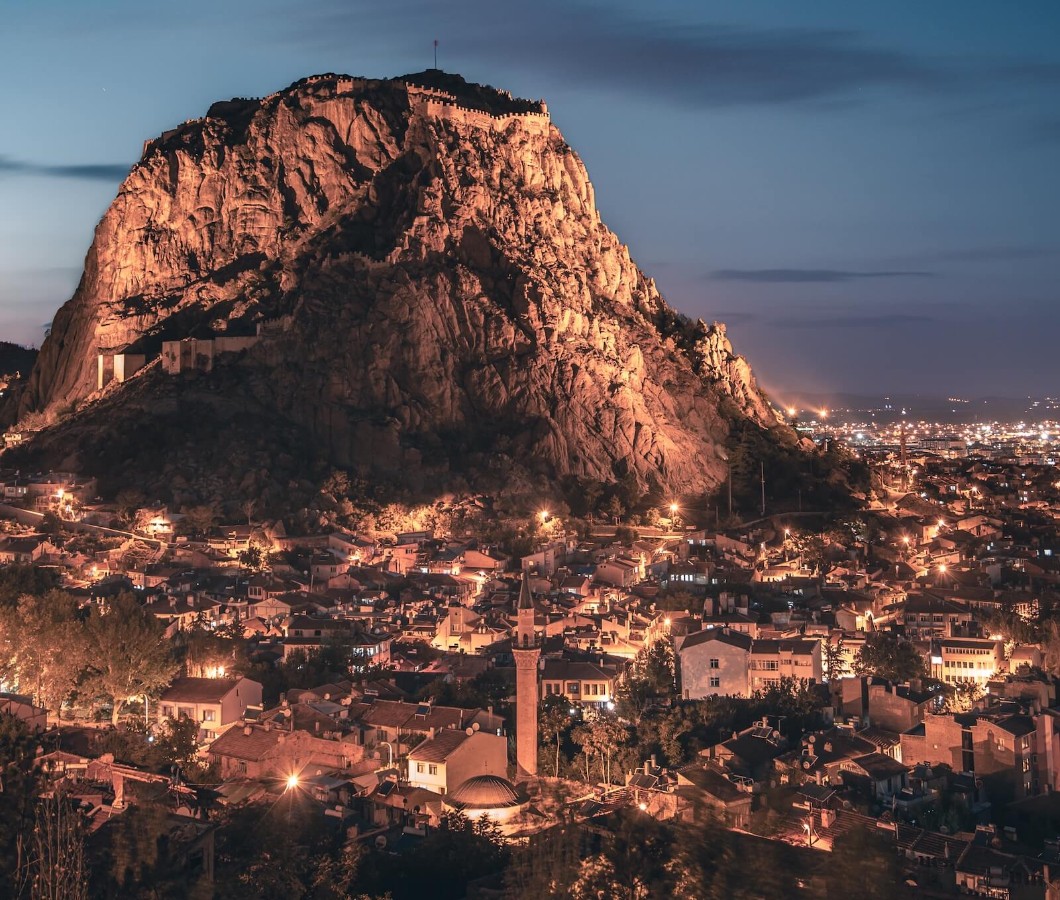
With its history stretching back to the early Bronze Age, the Afyon region played a leading role in some of the defining events that have led to the evolution of modern Turkey. Not least the fact that Afyonkarahisar is close to the site of the decisive Battle of Dumlupınar, fought on 30th August 1922 during the Turkish War of Independence, when the Turkish army repelled Greek invaders under the leadership of Mustafa Kemal Pasha, later to become Atatürk, founder of the Republic of Turkey.
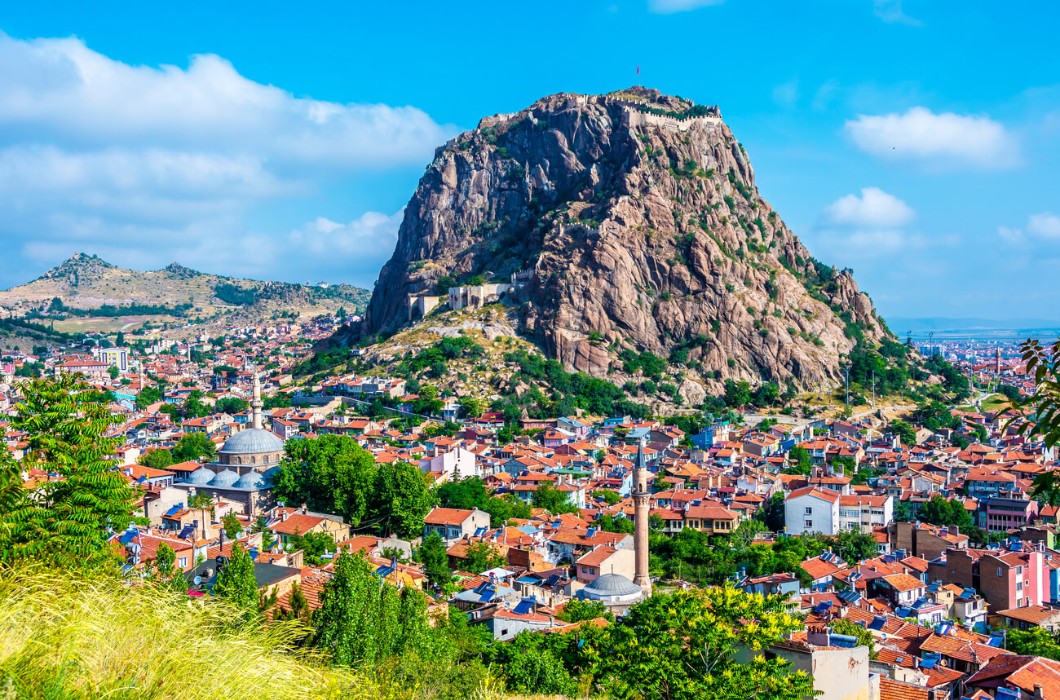
In a speech given in Afyonkarahisar in October 1925, Atatürk paid homage to the town’s significance, noting: “Afyonkarahisar was the key to the previous great victory…it has left an indelible mark on our historical struggle.” Settled by the Phrygians around the 8th to 6th centuries BCE, the Afyon region is often referred to as ‘Healing Phrygia’ owing to the fact it boasts thermal springs that are among the most mineral-rich in the world.
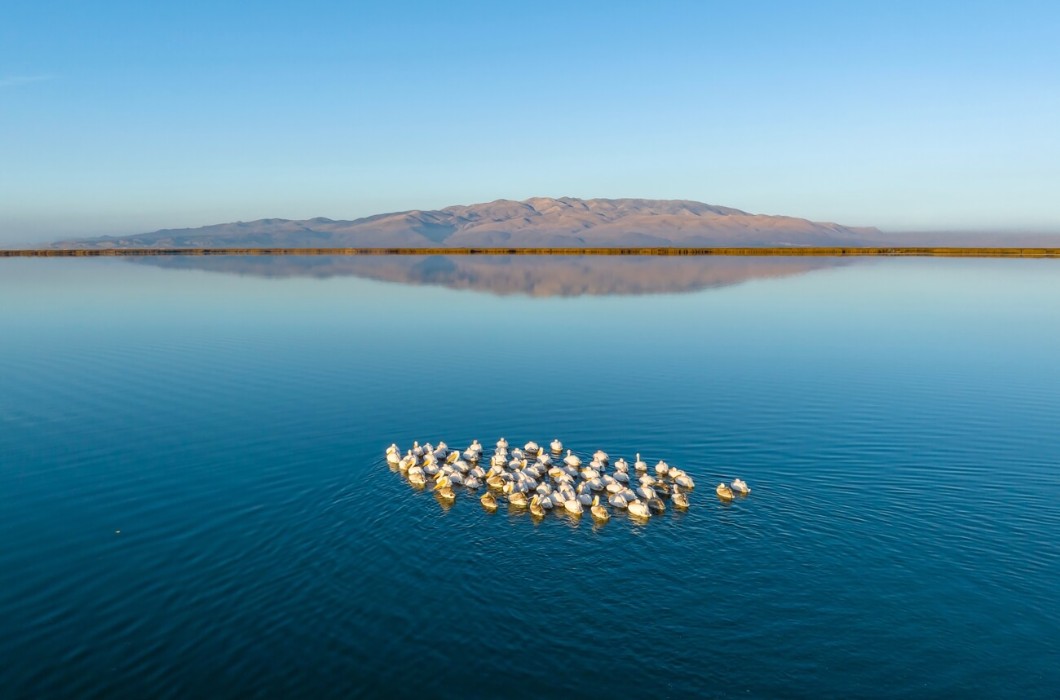
Thermal spa tourism has a long history in Turkey and the benefits of warm natural waters have been known in Anatolia since around 1600 BCE. Afyon is prized as Turkey’s primary thermal spa destination, comprising seven different thermal areas, each one specialising in treating different conditions such as rheumatic and gynaecological issues and myriad skin diseases, circulatory system disorders, joint and nerve ending inflammations, as well as physical and mental fatigue.
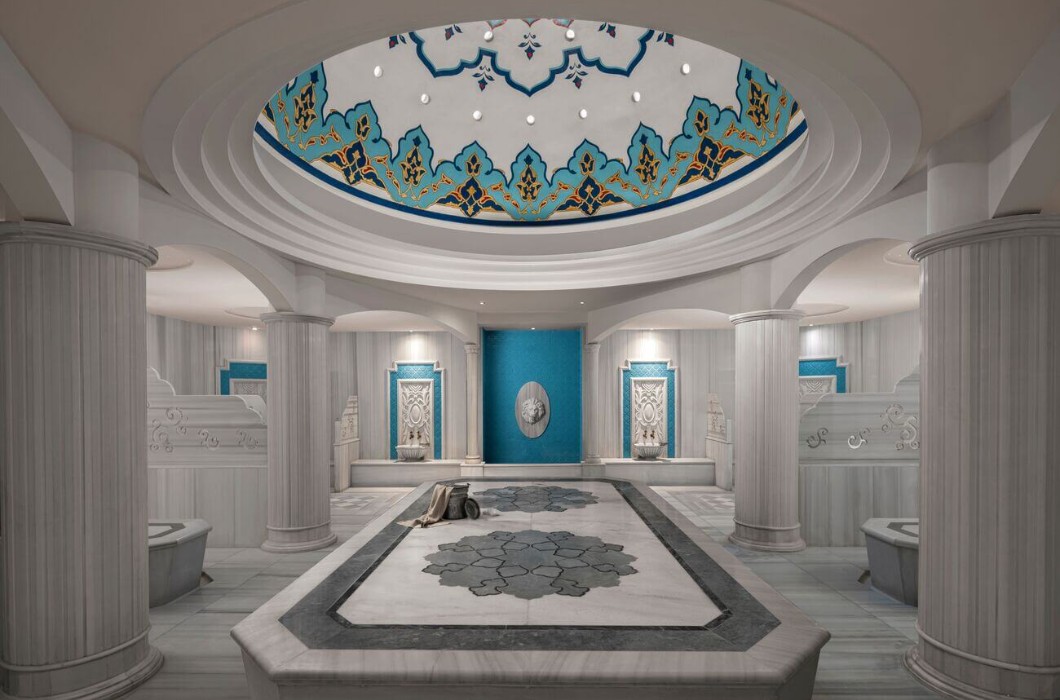
Today, Afyon is home to 15 hotels dedicated to thermal spa offerings, eight of which are rated five-star. I had the pleasure of staying in three spa hotels during my recent visit, all of which offered an impressive range of treatments and facilities. But one stood out. NG Afyon’s vast 9,500-square-metre Thermal Spa offers state-of-the-art facilities and hammams that rival those I have experienced at some of the best Gulf hotels. Its complex consists of 13 indoor pools, of which seven have thermal water features, as well as three outdoor pools. Dedicated to healing and wellness, the spa is the embodiment of Ottoman-inspired luxury and elegance, with large swathes of local white marble enhanced with intricate cornicing offset with dark wood panelling.
-lqnct2.jpg)
My hammam (Turkish bath) treatment was set in a private, marbled high-domed room adorned with red, blue and gold mosaics and murals, a perfect recreation of the opulence of a traditional Turkish hammam. When the soap bubbles were no more and I had been scrubbed to the extent that I felt like a butterfly emerging from its chrysalis, I was able to dispel reality for a little longer in luxurious surroundings that included a private jacuzzi pool.
-vcaawq.jpg)
Like many of the region’s spa hotels, NG Afyon also caters to Muslim and halal-conscious travellers, with dedicated women-only and men-only spa facilities. It’s also alcohol-free, serves halal food and spa treatments come at a fraction of the cost of spas in the Gulf or other parts of Turkey. Muslims and halal-conscious travellers wishing to visit Afyon may find it helpful to book via halalbooking.com, which specialises in halal-friendly hotel accommodation.
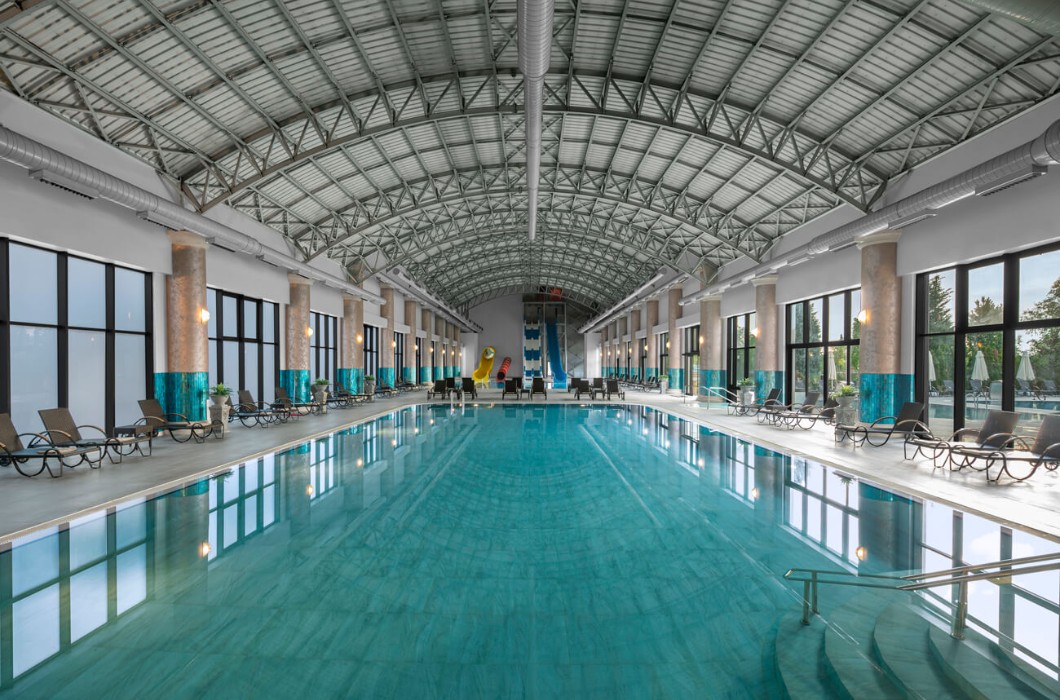
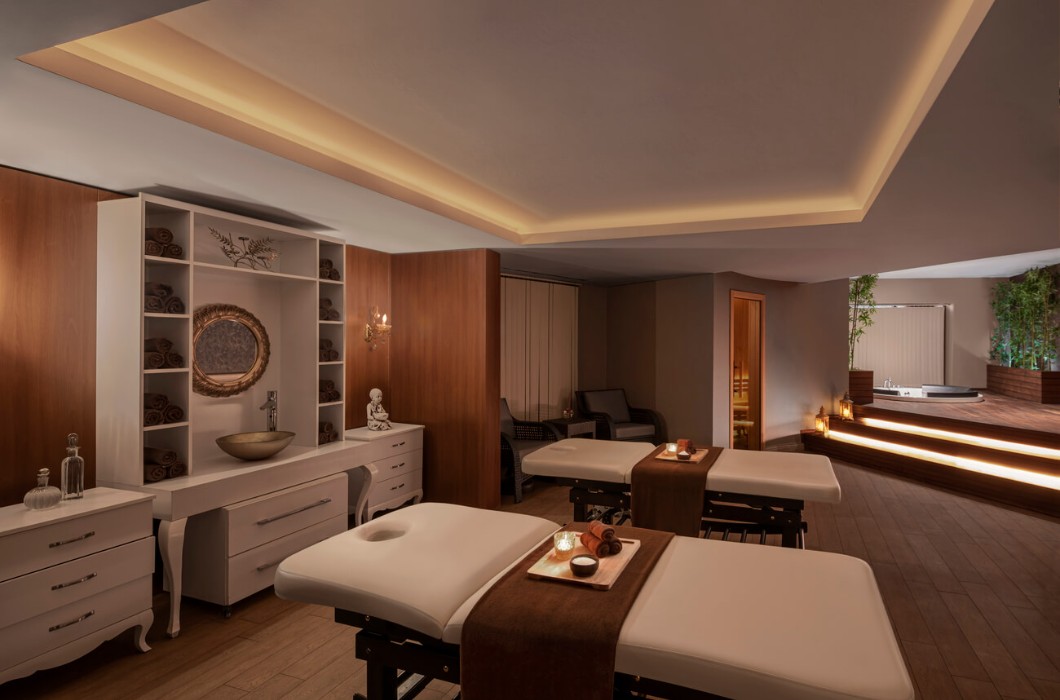
CULTURAL TREASURES & SPECTACULAR LANDSCAPES
Beyond the city limits, the surrounding landscape of the Phrygian Valley sublimely weaves together a myriad of fairy chimneys — the towering cone-shaped rock formations most famously depicted in images of Cappadocia — as well as dozens of churches, castles and ancient tombs hewn into the rocks. The region’s most iconic landmark, other than the vast mound in Afyon itself, is the Midas Monument, an impressive 18-metre-high carving, etched into a slab of vertical rock, named, according to its inscription, in honour of King Midas. Such storied cultural treasures speak to the fantastically rich history of the Afyon region, which countless rivals have aspired to rule throughout the centuries due to its geographical location at the cross-roads of numerous trade routes.
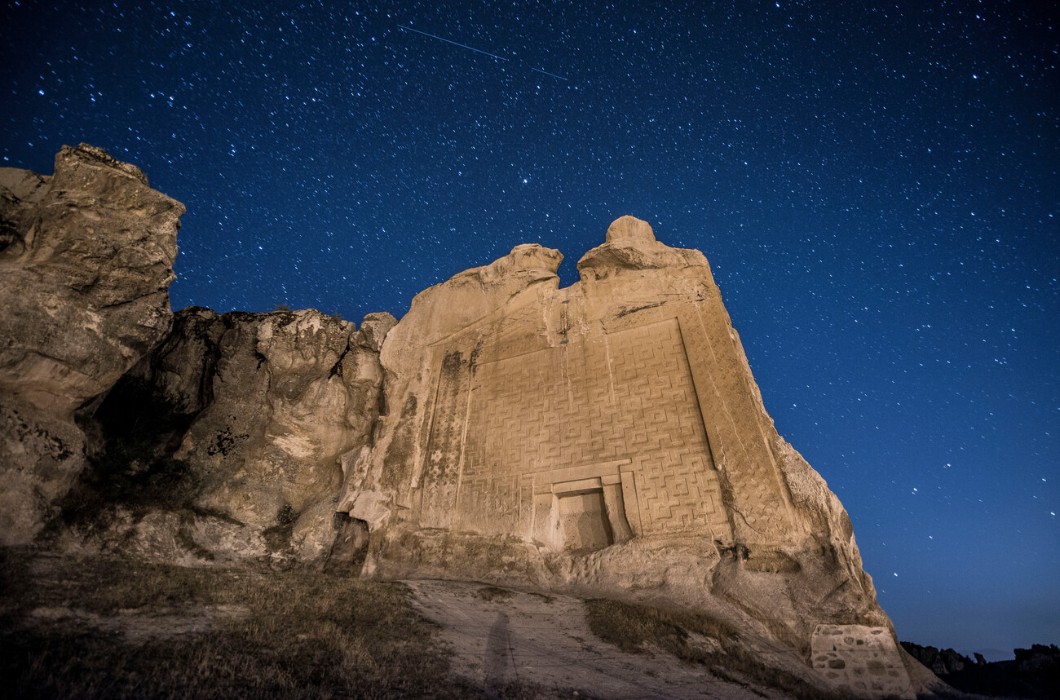
Nature lovers will not be disappointed either. The Akdag Nature Park, which can be explored on foot or as part of a horseback or cycling tour, is home to fragrant pine forests, lush forests, streams and lakes, not to mention caves and a 20km long canyon backdropped by the spectacular Sultan Mountains. The 150-square-metre freshwater Eber Lake is teeming with reed beds and a range of birdlife from pelicans to cormorants, flamingos, spoonbills, heron, coots, ibis and hawks, either living in or migrating through the area. For those with a head for heights, a hot air balloon ride over the expansive Phrygian Valley at dawn is an absolute must. Noticeably bereft of the hordes of tourists in Cappadocia, our balloon was the only one to take to the skies in tandem with the crimson sun.
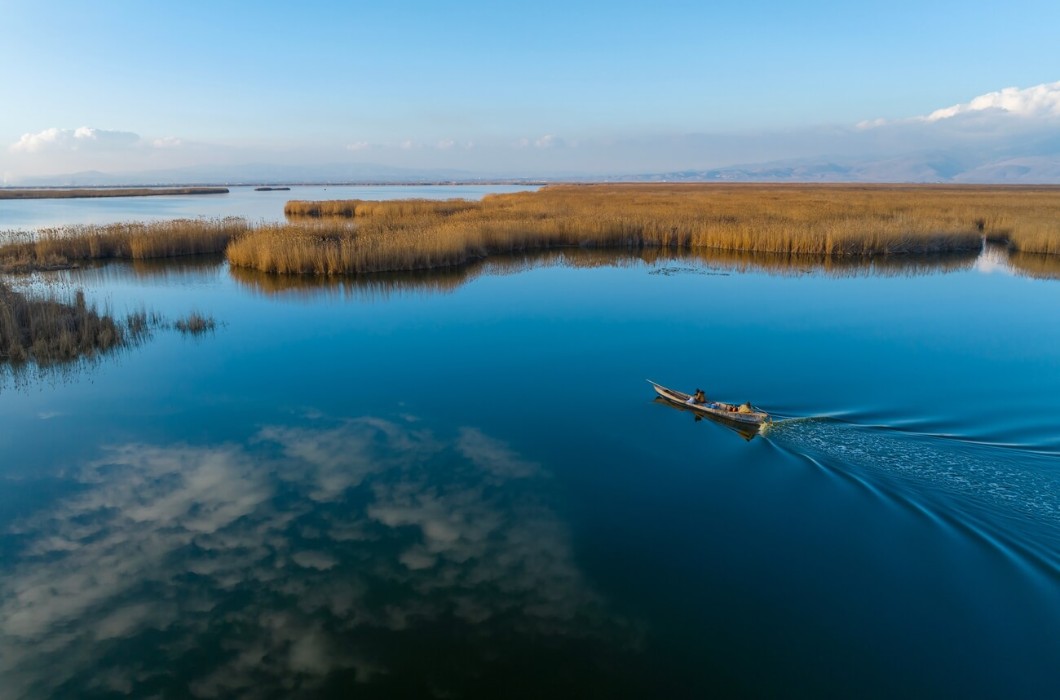
In 2019, Afyonkarahisar was inducted into the UNESCO Creative Cities network owing to seven unique regional dishes. Its beloved Kaymakli Seker is a truly delicious clotted cream dessert made from local buffalo milk, while its famed Sucuk fermented sausage mixes garlic with spices. Other popular dishes include Hashas Tatlisi, a dessert made using the seeds of the native poppy plant.
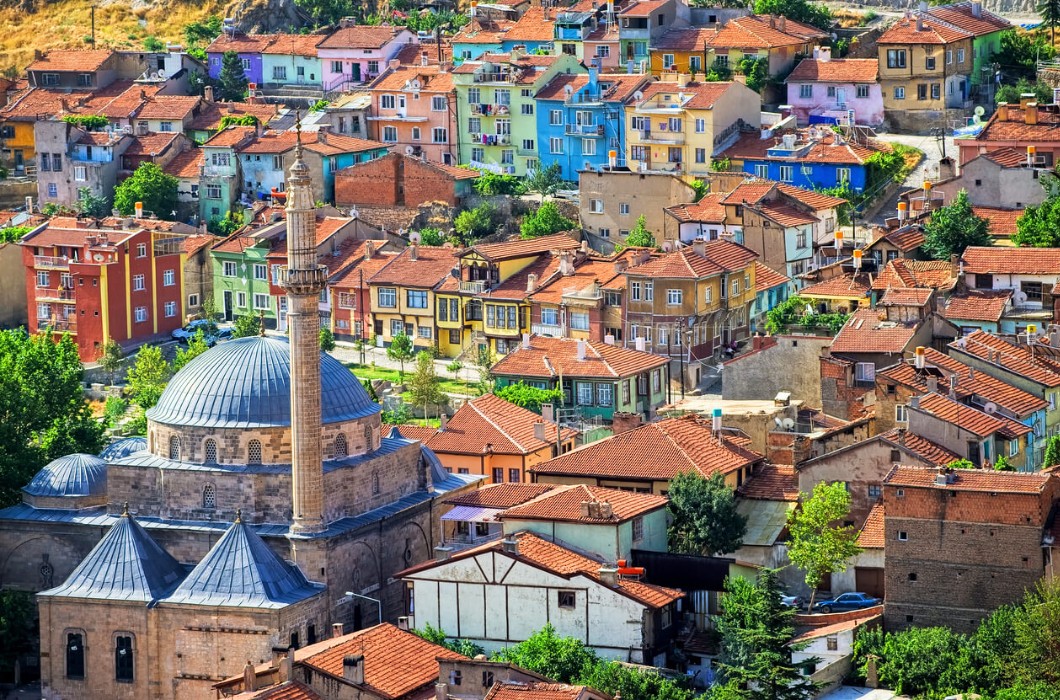
Today Afyon is also one of the world’s largest exporters of marble, its quarries producing the fabled ‘Afyon white’ and ‘Afyon pink’ marbles which have been sought after since Roman times. When Emperor Justinian ordered all provinces under his reign to send the best materials to construct Hagia Sophia, Afyon marble was top of the list. Afyon marble was also used in the construction of the Library of Celsus in Ephesus, the third-largest library in the Greco-Roman world, as well as being incorporated into Atatürk’s grave. Today, it is cut into delicate sheets and shipped to 120 countries around the world, with its top export destinations being the US, the UK and Saudi Arabia.
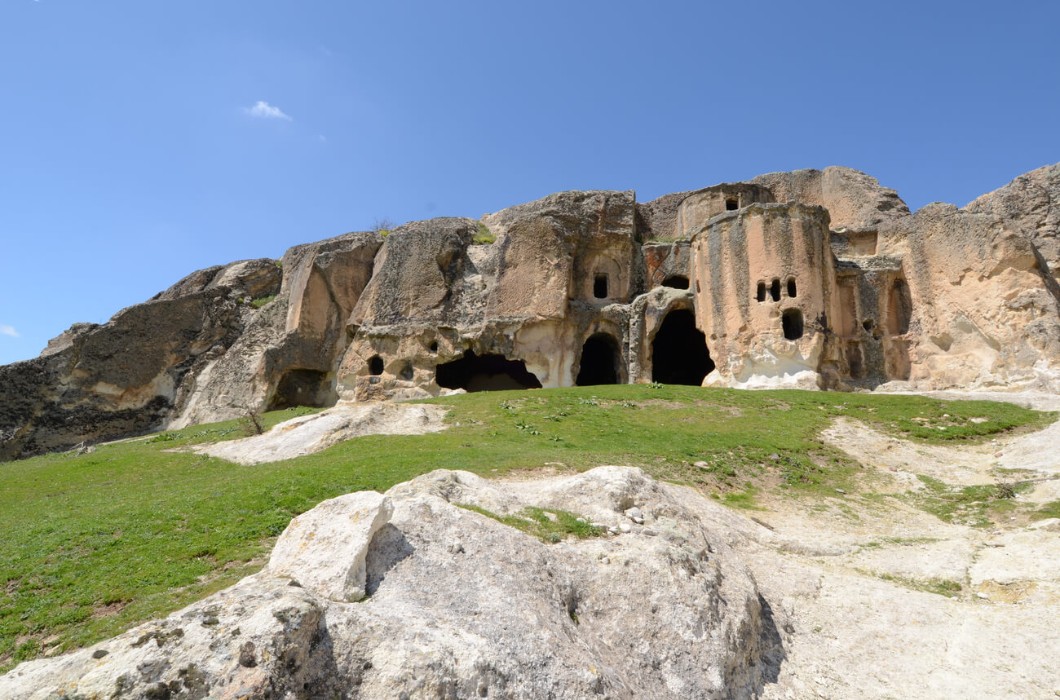
Despite Turkey’s global appeal, Afyon has remained a largely undiscovered gem, thanks in part to limited access. However, in the last year, Turkish Airlines has started operating five weekly flights from Istanbul with a journey time of just 40-minutes, and the destination has started to see an uptick in international visitors from further afield. Book your trip before word catches on.







